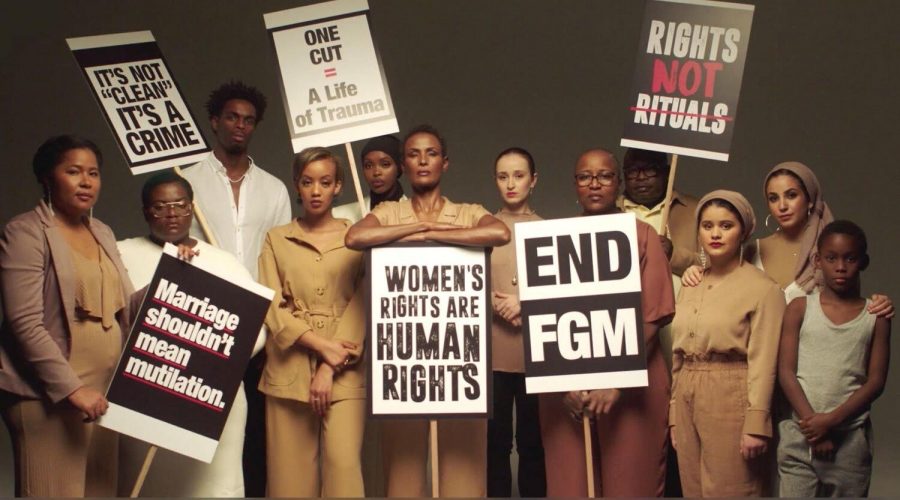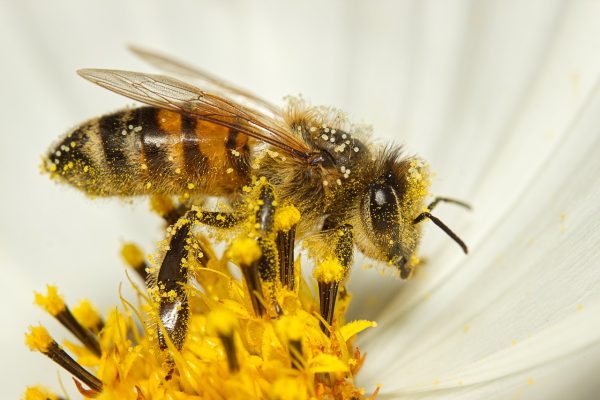What is FGM?
It globally harmed over 200 million girls and women living today, yet it is rarely talked about. Female genital mutilation (FGM) is not a comfortable thing to discuss, but the less we talk about it, the less change will be made to end the practice.
Female genital mutilation entails all procedures involving partial or total removal of the female external genitalia or other injuries to the female genital organs, for non-medical reasons. Though there is a range of reasons as to why the practice is performed, the primary reason is a view that is placed on girls and women, and how they should act in society. A strong belief on what purity, modesty, fidelity, and femininity should look like are held in some cultures, where the only way a girl obtains that “purity” is by ensuring her virginity, to prevent a girl from sexual acts before she is married.
FGM is practiced globally, but predominately in the southern Sahara, parts of the Middle East, Asia, and parts of northern and central Africa. Many girls are told that they, ‘become a woman,’ once they undergo the procedure. Girls usually undergo FGM from infancy to adolescence. However, since it is widely adopted in those cultures, some girls are not aware they were mutilated. Girls who are not mutilated in these cultures are viewed as impure or dirty. Through these standards, females are not given basic rights. Even if they are aware, they have no other option other than undergoing FGM, to avoid being outcasted by society or even by their own family.
There are no health benefits for FGM, and the repercussions are often immense and severe. The procedure can result in urination problems, catching infections, severely bleeding, having pregnancy complications, developing blood clots, obtaining extreme pain during intercourse, and even death. 200 million women and girls around the globe, living today, have undergone some form of FGM. More than 3 million girls are affected by FGM annually. Every 11 seconds, a girl undergoes FGM.
What can we do to help? Firstly, more people need to be aware of this issue. We need to speak up for those who are affected and at risk. We can use our voices to share this information through friends, family, peers, social media, etc. There are also organizations fighting against FGM that we can support by sharing information about the organization, donating, fundraising, volunteering, becoming a sponsor, hosting an event, and signing petitions.











